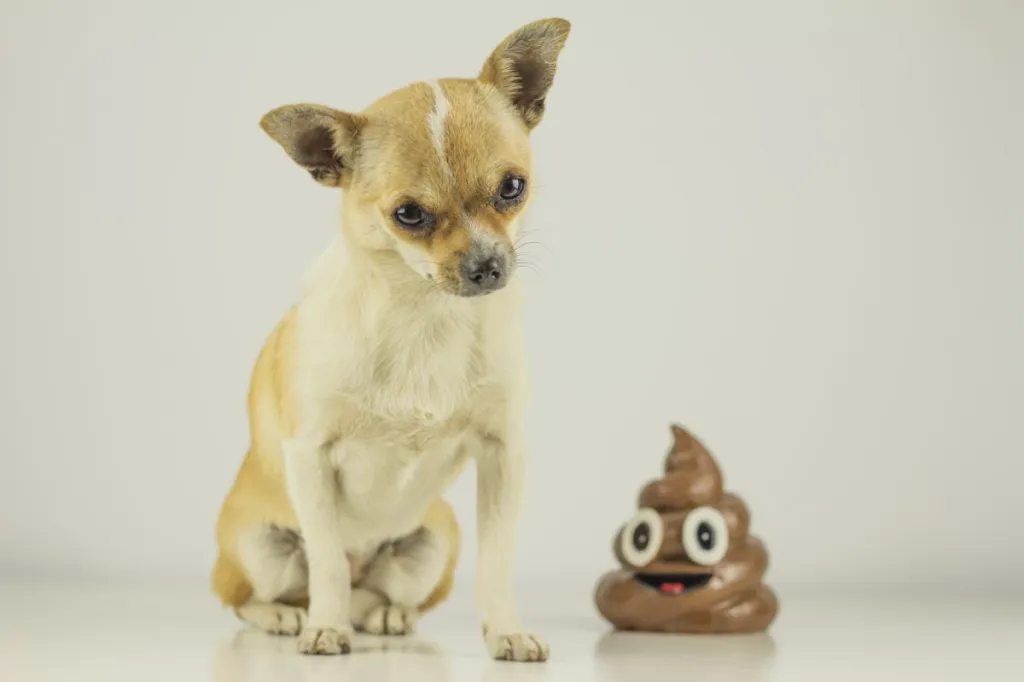If you’ve noticed mucus or blood in your dog’s stool or blood in your dog’s urine, you may be wondering if it’s a cause for concern. Bloody diarrhea can be especially worrying.
While these are symptoms of many conditions, they don’t identify the exact cause of the underlying problem. Usually observing any other unusual symptoms can help narrow down the reason for mucus or blood in your dog’s stool or blood in your dog’s urine.
However, only your veterinarian can confirm a diagnosis and give you the right advice for treatment.
Inform your vet of any other symptoms that are out of the ordinary, especially bloody diarrhea. You may be asked to provide a sample from your dog for analysis.
You should definitely consult your veterinarian as soon as possible if you see these symptoms. Leaving it up to chance can have dire consequences for your dog. Here’s what you should know about mucus or blood in your dog’s stool or urine.
Blood or mucus in dog’s stool
There are many reasons that your dog might have blood or mucus in their stool or diarrhea. The causes can be fairly benign or life-threatening.
This is why it is so important to see a veterinarian at the first sign of blood in your dog’s stool and especially if your dog is having bloody diarrhea.
Here are some possible causes for the mucus or blood in your dog’s stool:
- Eating food that disagrees with the stomach
- Eating non-food items that aren’t digestible
- Colitis
- Bacterial, viral, or parasitic infection
- Blockage in the digestive system
- Cancerous tumors
- Benign polyps
- Injury to the bowels or other parts of the digestive tract
- Allergies
- Inflammatory bowel disease
- Other immune disorders
You should note any other symptoms such as weakness, lethargy, changes in diet or drinking, changes in thirst or appetite, or behavioral changes. Anything out of the ordinary should be reported to your vet.
Your vet may also ask for a stool sample. Once they form a diagnosis, your vet will be able to advise you about the proper treatment.
Blood in dog’s urine
Blood in your dog’s urine can appear as discoloration. The urine may appear red, orange, brown, or amber. Like blood in your dog’s stool, it can indicate many different problems.
Your dog’s age may actually help determine the underlying cause of blood in the urine. In most young dogs the cause of blood in urine is often familial hematuria, a hereditary condition. In the case of older dogs, blood in urine is usually a sign of cancer.
A dog’s sex can also help determine the cause of blood in the urine because females are more prone to urinary tract infections than male dogs. These are not, however, the only underlying causes.
Here are some other factors that may result in blood in your dog’s urine:
- Bladder or kidney infection
- Tumors
- Stones
- Urinary tract infection
- Clotting problems
- Injury to the urinary tract
- Poisoning
- Prostate disease
- Bacterial, fungal, or viral diseases
Only your vet can give you a proper diagnosis. Note any other symptoms, including behavioral changes, frequent urination, difficulty urinating, changes in thirst or appetite, changes in energy level, or anything else out of the ordinary. Report these to your vet.
You may also be asked to collect a urine sample from your dog for analysis.









